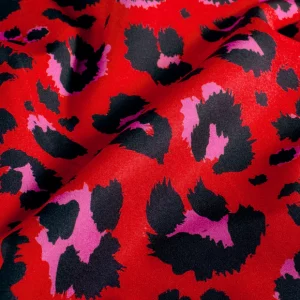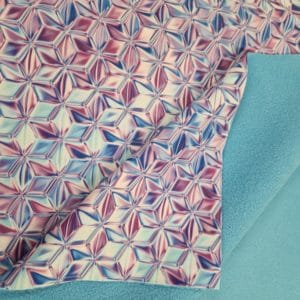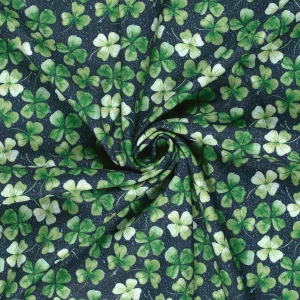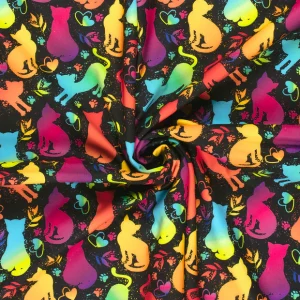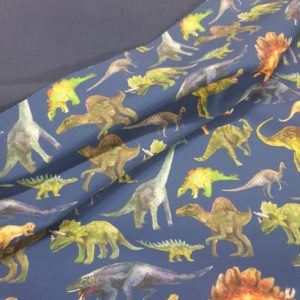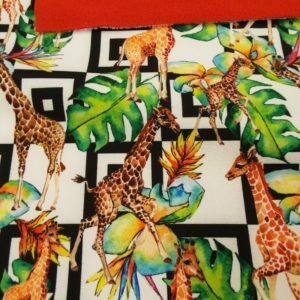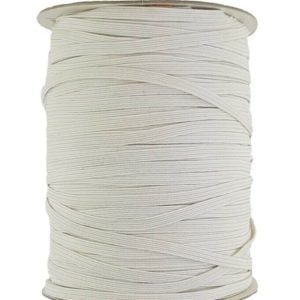Summer Holidays Fri 11th - Wed 16th July
🧥 Soft Shell Fabric – Weather-Resistant, Flexible & Ideal for Outdoor Projects
Our soft shell fabrics are perfect for outdoor wear, jackets, children’s coats, and activewear sewing. Designed to be wind-resistant, water-repellent, and breathable, this material strikes the ideal balance between comfort and protection.
-
Brushed inner layer adds warmth & softness
-
Durable outer shell resists light rain & wind
-
Flexible with a slight stretch – perfect for movement
Whether you’re making garments for hiking, cycling, or everyday outdoor use, soft shell fabric delivers performance without sacrificing style.
📦 Buy by the metre with UK & ROI -wide delivery, and enjoy free shipping on orders over £75.
💡
Want to know more about how softshell works? [Read our fabric guide →]
Braided Cord
